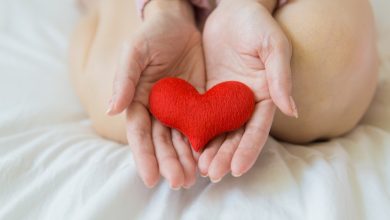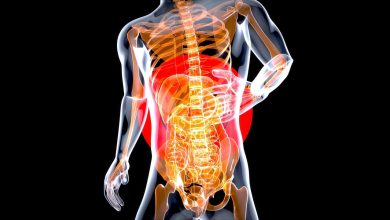What to Expect After Your Surgery

You will spend the day in the hospital recovering from your surgery. You may experience side effects after your eyelid surgery, which can include: Watery, puffy eyes Redness Blurred vision Sensitivity to light Numb, puffy eyelids Trouble opening your eyes After your oculoplastic eyelid surgery, you will need to have someone come and pick you up. It’s a good idea to have someone stay with you the first night of your eyelid surgery.
Recovery Time
Recovery can be broken down into 3 parts: swelling, bruised, and maturation of the incision/scar. It takes about 2 to 3 weeks for bruising to go away. Swelling lasts up to 8 weeks or more and is much more variable. There is a gradual diminution. It will take 5 to 10 days after your surgery for you to return to work or out in the public. It is important to know that you will have scars from the surgery. It can take a year or more for those scars to reach their full potential. During this time, eyelid surgery recovery methods can ensure your skin heals properly.
Tips for Recovery
After your eyelid surgery, you’ll feel like a new person, but you’ll also need to recover from the procedure. Here are a few recovery tips. When it comes to improving your recovery, these tips will help you heal faster and recover more effectively. It is very important that you follow your doctor’s specific instructions.
1. Take Time Off
Remember your eyelid surgery recovery time. Prepare to take time off from work, school or activities. You’ll need this time to heal. Someone will cover your primary responsibilities for you. You could need someone to take your kids to school. Someone may be needed at work to handle your responsibilities. Make sure that you have enough food in the fridge and pantry for your surgery. Give yourself time to heal if you have to.
2. Follow Self-Care
Ice packs on your eyes will help you recover from eyelid surgery. The use of ice is crucial during the first 3 days. Carefully wash your eyes. You can use the eye drops or ointments. Don’t Rub your eyes no matter what. Two weeks after your procedure, don’t wear contact lenses. The first few days after your procedure you should sleep with your head raised. If you want to stop smoking, you need to return to your doctor’s office. Before you leave your doctor’s office, make sure to discuss the next steps with him.
Meanwhile, be sure to avoid using:
- Ibuprofen (such as Motrin IB or Advil)
- Aspirin
- Naproxen sodium (such as Aleve)
You should avoid taking any medications or supplements (fish oil, vitamin E, cranberry extract, etc.) that may increase your bleeding risk. Talk to your doctor before taking Tylenol or any other type of acetaminophen product. Your surgeon will advise you how long it’s recommended to wait before having to remove the sitches. It’s important to have all the information you need to make sure your recovery goes smoothly.
3. Stay Patient
It is important to have realistic expectations for your eyelid surgery. Understanding the recovery process ahead of time will allow you to remain patient and keep your eyes on the end goal. After surgery, your eyelids are likely to be puffy. It’s likely that the incisions will look red as well. It looks like a black eye when the swelling and bruise are involved with oculoplastic surgery recovery. That is very common. The results of your procedure will be visible in no time if you remain patient.
4. Protection for Your Eyes
It’s important to protect your eyes from wind, sun, and other elements during recovery, so take these tips into account When you need to go outside, wear dark sunglasses and a hat for protection. Also make sure to apply sunscreen before leaving the house, and make sure to follow any other instructions you were given.
5. Relax, Don’t be too Stressed
When it comes to avoiding strain on your eyes while recovering from oculoplastic surgery, you really don’t have a choice. Avoid watching TV, reading the newspaper, or checking email the week following your eyelid surgery. If you want to avoid delays to the recovery, take care of your eyes by staying hydrated and avoiding other activities that can make them sore
6. Get More Good Quality Sleep
Your eyes and eyelids will be able to heal faster with more sleep. It is important to get a good night’s sleep to speed up the recovery process. If you can’t sleep, take a nap. Do not push your limits. Relax and focus on your recovery.
7. Avoid Physically Demanding Intensive Activity
Avoid strenuous activities for a few weeks after your eyelid surgery, or you may have some pain relief. Too much exercise may lead to increased blood flow to the eyes, which could lead to eye bleeding. Activities to avoid include lifting heavy objects, doing aerobic activities, intensive exercises, and participating in sports.




